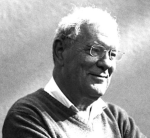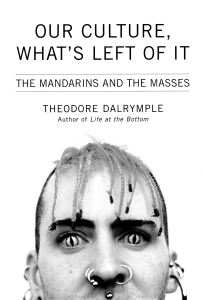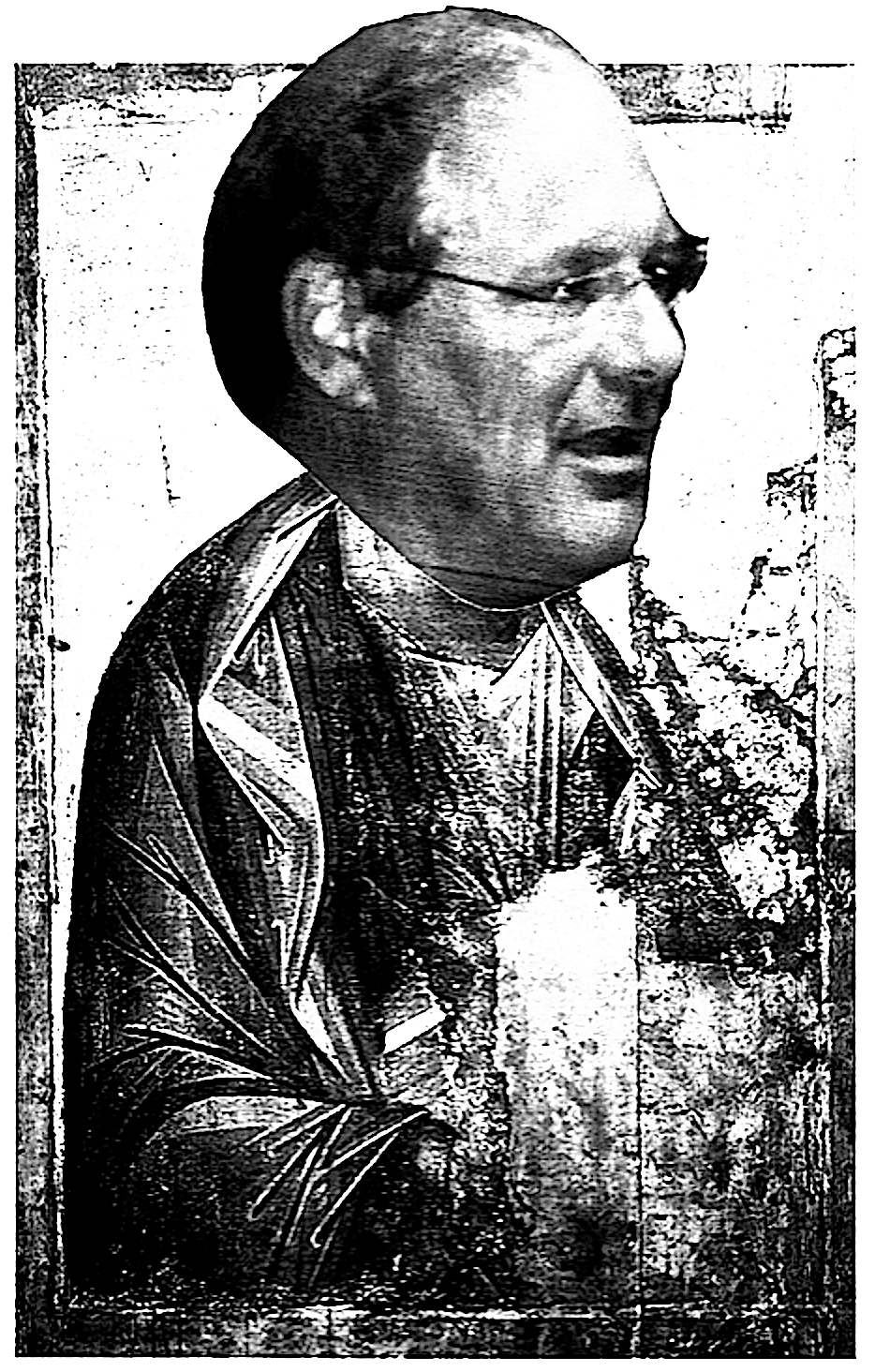 Dalrymple identifies three principal features: bitter paranoia, craving for celebrity, and self-righteous anger.
Dalrymple identifies three principal features: bitter paranoia, craving for celebrity, and self-righteous anger.
1. The paranoid stance
The belief, writes Dalrymple, is that
the world is so constituted as to do one down.
This has
sour compensations, chief among which is that it explains in advance all our possible failures. We fail, but never deserve to do so. We are absolved from even trying to succeed, since the forces arrayed against us are too strong; bitterness therefore increases in proportion to the alleged, or self-described, meritocracy of a society.
The advance of sociology
has given us a menu of impersonal forces from which to choose to explain away our failings and discontents. It is co-opted to become the omnium gatherum of self-exculpation.
There is grandiosity,
in so far as the paranoid person believes that much that goes on around him is directed at himself.
There have always been people of paranoid disposition, Dalrymple points out, and he cites the Azande of the Sudan, who used to believe that no one died except by the witchcraft of enemies,
so that it is hardly surprising that they developed a wary attitude to their neighbours and the people around them.
Where there is a cultural emphasis on racism,
an increased number of people, with a relatively high propensity as individuals to paranoia, will interpret the world in its light.
2. The apparent desire for fame
Flanagan appears to have felt an inner compulsion to be famous. Dalrymple comments:
Provided the fame sought is for valuable achievement which is a precondition of becoming famous, the desire is constructive and perhaps even necessary. But where fame is desired for its own sake, detached from any worthwhile achievement, it is malignant and loosens or dissolves moral restraint on behaviour.
Worthwhile achievement is as difficult as ever, but
self-publicity is increasingly commonplace and fame the desire of more and more people who would once have been contented with obscurity. Those with an extreme desire for fame — unaccompanied by any particular qualification for it — resort to ever more bizarre behaviour in order to reach it.
3. The claimed sense of moral outrage
Dalrymple writes that we do not think of anger as a sin any longer
but as the sign of a generous heart, at least when felt and expressed on behalf of others. To live your life without anger is to be complacent and self-satisfied. Since the state of the world gives plenty of scope for those seeking an occasion for anger, we may be angry on behalf of others all the time. The greater our anger, the greater our generosity of spirit. Since our anger is noble and generous, when we act out of such anger, we suppose that we are acting generously.
Anger
makes us love injustice, provided that it is we who are committing it. An atmosphere of rage is concomitantly one of self-righteous cruelty.










